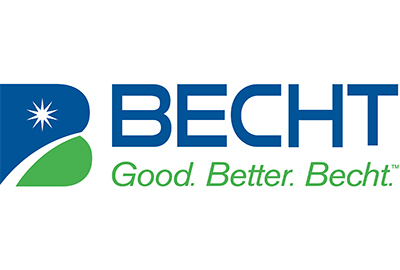By Mel Larson
Becht’s “Winners, Losers, and Everything In Between” series presents strategies to maximize your workforce in the time of COVID-19. Part 2 of this series focuses on the development of “Muscle Memory” (Click Here for Part 1). In this section, we will discuss the conditioning of the workforce team.
Why Muscle Memory?
Athletes practice repetitive skills, reactions in specific situations, and repetitive sequences within their training regimes to facilitate the creation of “muscle memory”. Muscle memory is a form of procedural memory that embeds a specific motor task into memory through repetition. Many sports teams rely on the experience of ex-players who know the game and the positions to coach. Veteran players can use their knowledge and experience to assist in the creation of muscle memory in the teams they lead.
In much the same way, the workforce “team” looks to the voices of experience to coach or mentor those who are new to the field. These veteran employees had muscle memory resulting from their years on the plant. New employees were guided to develop their own muscle memory by experienced mentors who could provide context and strategy that was not available anywhere else.
Forbes.com
In the present day, things have changed in the oil industry. From the oil embargo of 1973 to the 2008 market recession, the industry has faced challenges, and COVID-19 is just the latest crisis. Companies are tightening their belts yet again, with layoffs and early retirements to conserve cash. These losses of knowledge come along with a wholesale shift toward a younger workforce, accelerating the loss of muscle memory within the refining and petrochemical industry. Additionally, new muscle memory creation has become harder, as line engineers are moving through assignments with only 2 to 3 years per assignment.
Compounding this issue is an inconvenient truth: The new generation of workers does not learn in the same way as those who came before them. Millennials (defined as those born between 1982 and 1999) are at this point deeply ingrained in the workforce, taking on leadership roles in many companies. The newest members of the workforce, and those most likely to be in need of training, are Gen-Z (defined as those born between 2000-2020). While technically members of different generations, Millennials and Gen-Z have much in common when it comes to learning styles. Both generations grew up with technology readily available and used extensively throughout their daily lives and educational years.
Click here to read the full blog
Share This:





 CDN NEWS |
CDN NEWS |  US NEWS
US NEWS 





































COMMENTARY: Activists Suddenly Care About LNG Investors